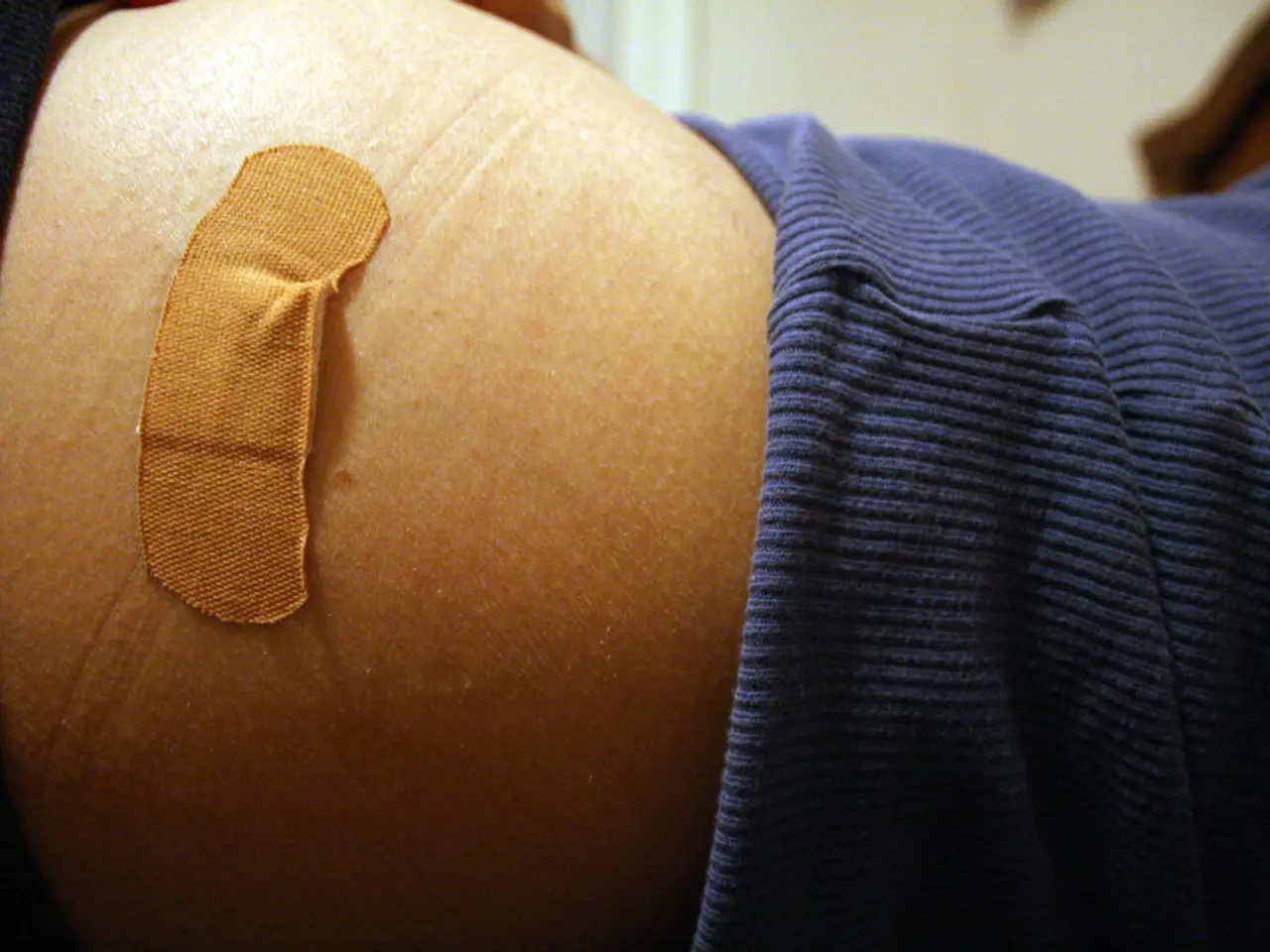Higher revenue and substantial increase in expenditures observed in healthcare practices by 2023 - 2023 Medical Practices Yield Higher Incomes Yet Show Increased Expenditures
In the healthcare landscape of Germany, a notable trend emerged in 2023, with dental practices seeing a significant increase in revenue compared to their psychotherapeutic counterparts.
According to data released by the Federal Statistical Office in Wiesbaden, dental practices experienced a robust revenue growth of 13.2 percent in 2023. This surge is attributed to various factors, although the exact details have yet to be disclosed. In contrast, psychotherapeutic practices reported a decline in revenue, although the specific percentage decrease remains undisclosed.
The average net income per medical practice in Germany stood at 310,000 euros in 2023. However, it's important to note that this figure does not include expenses related to practice takeovers and certain insurance for the owners.
When it comes to expenses, dental practices also saw a significant increase of 11.7 percent in 2023. Psychotherapeutic practices, on the other hand, reported a decrease in expenses, albeit the exact percentage remains unspecified.
The number of employees in dental practices in 2023 is not provided, while the data for psychotherapeutic practices and the overall medical practices indicate a slight decrease from 9.9 to 9.7 employees.
The impact of inflation on medical practice expenditures in Germany, including Wiesbaden, is not currently available. However, general inflationary pressures and rising healthcare costs are likely affecting practices across the country.
The German healthcare system, which accounts for about 12.7 percent of the GDP, remains comprehensive and accessible, with costs to patients being relatively low due to the statutory health insurance model.
Recent developments in the sector include the introduction of Electronic Patient Records (ePA) from January 2025 and the Health Data Use Act (GDNG), effective since March 2024, both of which aim to enhance digital health infrastructure and facilitate the use of health data for research.
While the specific data for Wiesbaden is not readily available, it's evident that healthcare costs in Germany are influenced by a combination of factors including technological advancements, regulatory changes, and economic conditions. The global context also suggests that medical costs are projected to increase at a double-digit rate in 2025, driven by various factors beyond inflation.
For more precise figures and trends related to Wiesbaden, it's recommended to consult the direct reports or publications from the Federal Statistical Office.
- To address the varying financial performances of medical practices, community policy discussions in 2025 could concentrate on developing universal strategies for resource allocation to ensure fair distribution of funds, particularly for sectors experiencing growth like dental practices.
- Considering the steady rise in healthcare costs and medical-conditions expenditure, it would be prudent for employment policy prioritization in the health-and-wellness sector to focus on enhancing employee financial-planning resources and provisions, such as offering comprehensive benefits packages or contributing to employee retirement funds.




